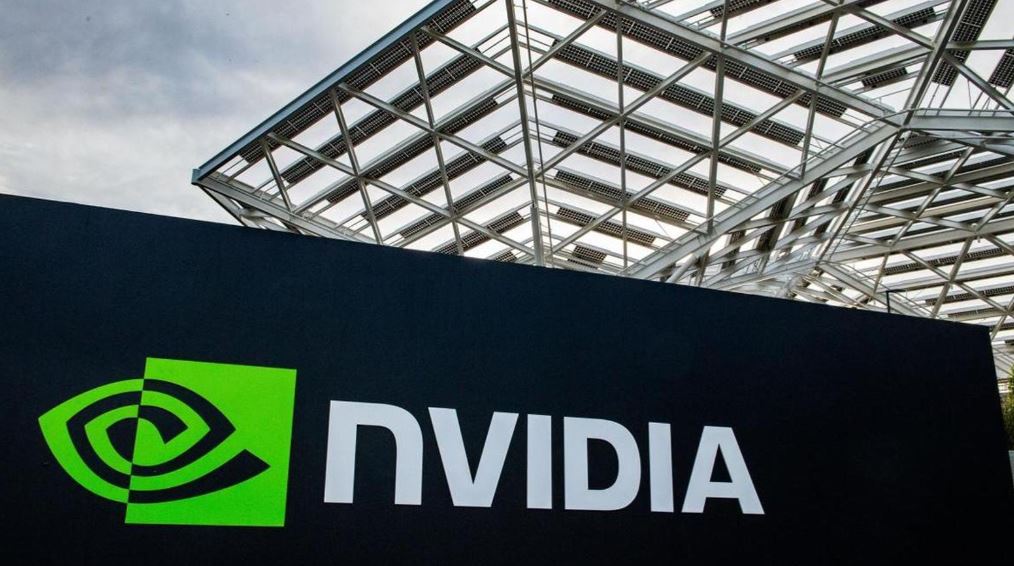In response to ongoing U.S. export restrictions that limit access to Nvidia’s most cutting-edge chips, Chinese AI companies are increasing their efforts to boost domestic innovation and lessen reliance on foreign technologies by establishing new strategic alliances.
The announcements were made at the World Artificial Intelligence Conference in Shanghai, which ends on Monday.
Reuters reports that two significant industry alliances were announced to strengthen cooperation between big language model developers and China’s AI chipmakers.
One of the recently established organisations, the Model-Chip Ecosystem Innovation Alliance, links GPU manufacturers like Huawei, Biren, Moore Threads, and Enflame—all of which are subject to U.S. sanctions—with domestic LLM developers.
The initiative is an “innovative ecosystem that connects the complete technology chain from chips to models to infrastructure,” according to Zhao Lidong, CEO of Enflame.
Move to increase use of AI technologies
The goal of a second consortium, the Shanghai General Chamber of Commerce AI Committee, is to increase the use of AI technologies in industry.
Its members include chipmakers Metax and Iluvatar CoreX, LLM developers StepFun and MiniMax, and the blacklisted facial recognition company SenseTime.
Given that access to vital semiconductor technology is still being disrupted by geopolitical tensions, Beijing’s efforts to establish an autonomous AI supply chain are reflected in these alliances.
Nvidia’s plan to export sophisticated chips to China
Amid trade tensions between China and USA, Nvidia’s CEO Jensen Huang stated on July 16 that Nvidia wants to ship more sophisticated chips to China than its current generation in an effort to boost sales in the second-largest economy in the world.
His comments come after Nvidia said that it will start selling its H20 AI chip again in China after a previous ban was lifted.
The H20 is a reduced-sized chip specifically designed for artificial intelligence tasks to comply with U.S. export regulatory standards.
Nvidia has been at the epicentre of growing tech and trade tensions between the United States and China, with several rounds of export restrictions preventing it from selling its most cutting-edge chips to China.
The business created compliant substitutes, such as the H20, in response.
But there is a financial cost to the curbs. Nvidia reported in May that its revenue for the most recent fiscal quarter would have increased by $2.5 billion if export restrictions had not been in place and that it had written down $4.5 billion in unsold H20 inventory.
















